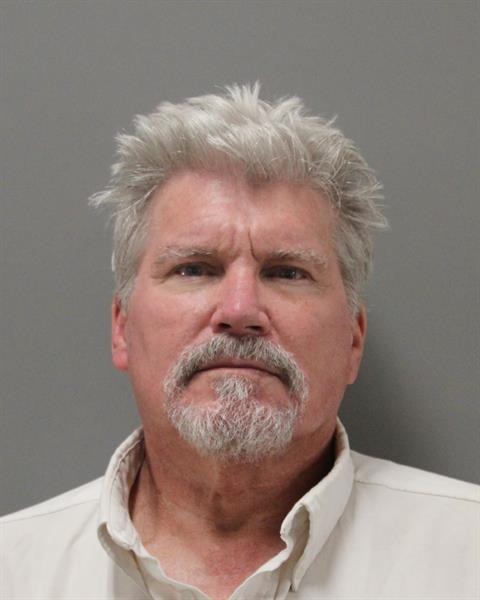KOOTENAI COUNTY, IDAHO – Former US Senator from Pennsylvania Rick Santorum visited Kootenai County in his role as senior policy advisor for Convention of States Action (COSAction). Santorum met with Idaho legislators, as well as supporters of COSAction. COSAction is a consortium of nationally recognized Republican names founded by Mark Meckler, a political activist who has co-founded several other groups including Tea Party Patriots and Citizens for Self Governance.
The idea behind a convention of the states lies within Article V of the US Constitution as a means for States to bypass the US Congress to pass amendments to the Constitution. Since the ratification of our Constitution in 1788, we have only used the amendment process within Article V by way of Congress adopting amendments, then passing them to the States for ratification. By September of 1789 Congress adopted twelve amendments, ten of which were ratified by the necessary three-fourths of the states and became known as The Bill of Rights.
Proponents like Santorum believe issues with how the federal government functions can be alleviated or fixed by States gathering together via delegates sent to an official Article V convention. The path to such an official gathering requires two-thirds of state legislatures to call for one, meaning 34 state legislatures would have to pass a resolution calling for an Article V convention addressing a specific amendment.
The entire process and interplaying scenarios are very complex with tangents touching on a wide range of complicated political issues. While there is strong consensus amongst Republicans that the federal government operates well outside their authority and is now running amok, it remains unclear whether or not an Article V convention would accomplish the popular campaign rhetoric to “rein in the out of control federal government.”
Several Idaho legislators met with Santorum to discuss the feasibility of such a convention, along with the pros and cons.
Representative Vito Barbieri, a thirteen year incumbent of the Idaho House, has been an outspoken opponent to a Convention of States. He has argued for Idaho to stand up to the federal government for years, believing states already have the ability to nullify illegal federal actions. Many fellow legislators in Idaho agree on principle, but the state is so addicted to federal dollars that to push back against federal overreach would jeopardize a substantial part of the overall budget. Education and healthcare are two large expenditures where Idaho’s governing bodies cave to federal demands due to 60 percent of the budgets being funded with federal dollars.
The most troubling aspect to altering our Constitution at this time lies in what Barbieri articulates as “the rapid degradation of our culture.” Barbieri explains the situation does not bode well for the preservation and protection of individual liberties to thought and speech. He raised concerns that our current culture is so corrupt we could very well see a negative outcome from an Article V Convention.
“A convention would not address the rot in our culture, it would not address the power of corporations,” continued Barbieri. “Knowing the depths of the corruption, wouldn’t a Convention of States simply be moving the players around, without fixing anything and potentially opening us up to even more problems?”
Another current member of the Idaho legislature, who shares their perspective anonymously, says the severe degradation of our culture is the crux of the problem.
“The solution is to raise up moral citizens that accept their own personal responsibilities and demand those qualities in their elected representatives. The system operates the way it does because we, the citizens, allow it. To impose new regulations on politicians is like having a football game where one team cheats at every turn, and the fans demand tighter rules to ‘fix’ the problem. The players (politicians) and the referees (judicial system) don’t follow the existing rules; how will more laws make any difference?”
Ultimately, the legislator says the Convention of States “offers a quick fix that will not only be ineffective, but may very well damage the integrity of the Constitution as it currently exists” and personally holds the belief that the only way to raise up the morals of our society is by a painful overhaul of the education system coupled with a spiritual revival.
Barbieri poses the question, “At this point, what more damage can be caused?”
He highlights what those who advocate for a convention believe, primarily that warnings about a “run-a-way” convention are unfounded and the benefits of the States acting together outweigh any risks. Those like Santorum who envision positive outcomes do not give merit to the fears that a United Nation styled charter could replace the US Constitution at a convention.
Barbieri concedes to the position that by simply holding a convention the States could put the structures in place to eventually restrain the federal government and all its agencies.
The activism of COSAction has not been without controversy in Idaho politics. Those who see themselves as single issue voters have funded primary campaigns against known conservative legislators who oppose passing a resolution to call for a convention. Conservative Judy Boyles, a representative from Idaho’s legislative district 9, narrowly won her primary in May of 2022 against an opponent who supported a Convention of States.
Idaho is on the forefront of this complicated issue and we can expect to see a lot of out-of-state funds flowing into campaigns across the state. As the third largest county, Kootenai County voters will have a definitive voice in the ongoing discussions.







